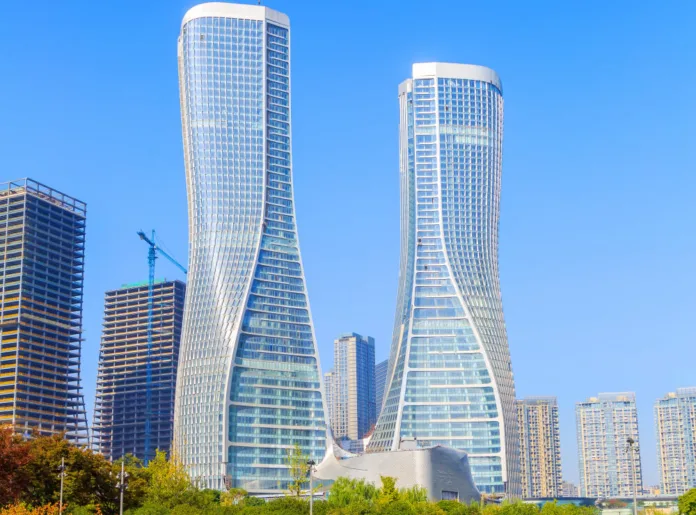The COP29 Climate Change Conference kicks off with a focus on funding and sustainable policies amid high expectations
The 29th UN Climate Change Conference (COP29) has officially commenced in Baku, Azerbaijan, marking a pivotal moment in the global fight against climate change. With over 50,000 participants from around the world, including policymakers, industry leaders, and climate activists, the event aims to spur urgent action on reducing carbon emissions and increasing climate resilience.
Running from November 10 to 22, COP29 is centred around the theme “In Solidarity for a Green World.” Despite the high-profile gathering, notable absences include EU President Ursula von der Leyen, US President Joe Biden, and Brazilian President Luiz Inácio Lula da Silva, which has sparked some concern. However, the conference remains focused on forging a collective response to the climate crisis.
A key topic at COP29 is climate finance, with countries aiming to establish a New Collective Quantified Goal (NCQG) to support climate initiatives, particularly in developing nations. This year’s discussions will cover essential issues such as carbon emissions reduction, sustainable development, and the integration of climate resilience into national policies.
One of the standout features of COP29 is its host, Azerbaijan. Historically a significant producer of fossil fuels, Azerbaijan is now embracing renewable energy sources, including wind, solar, and hydrogen. COP29 President-designate Mukhtar Babayev emphasized that hosting the event underscores the country’s transition to greener energy solutions.
Embed from Getty Images“This event will showcase our ongoing efforts to diversify our energy mix,” Babayev said. “We are committed to a sustainable future and want to lead by example. Azerbaijan has seen its own environmental and economic transformation, and we hope to facilitate an inclusive dialogue between the Global South and developed nations.”
Babayev also highlighted the importance of a just and equitable approach to climate action, noting that COP29 would provide a platform for developing nations to present their unique climate challenges and solutions. His vision includes fostering cooperation between all countries, and ensuring that climate actions are balanced and fair.
Azerbaijan has invested heavily in infrastructure to accommodate the influx of delegates, focusing on sustainability. The city of Baku is expanding green public transportation, enhancing conference facilities, and optimizing urban mobility to minimize environmental impact. A key goal of the conference is to achieve a “green COP,” integrating renewable energy throughout the event and aiming for zero waste.
The host country has already taken significant steps in environmental protection, including reforesting degraded areas and preserving the Caspian Sea. COP29 will showcase these initiatives, encouraging global collaboration to replicate successful environmental efforts worldwide.
Despite the ongoing challenges, Babayev remains optimistic about the conference’s potential. “COP29 is a critical opportunity for all nations to unite, innovate, and take meaningful steps toward a sustainable future. We are ready to lead, collaborate, and create the solutions needed to tackle the climate crisis,” he stated.
As COP29 progresses, the world watches closely, hopeful that it will lead to concrete outcomes for climate action, building a greener future for generations to come.
